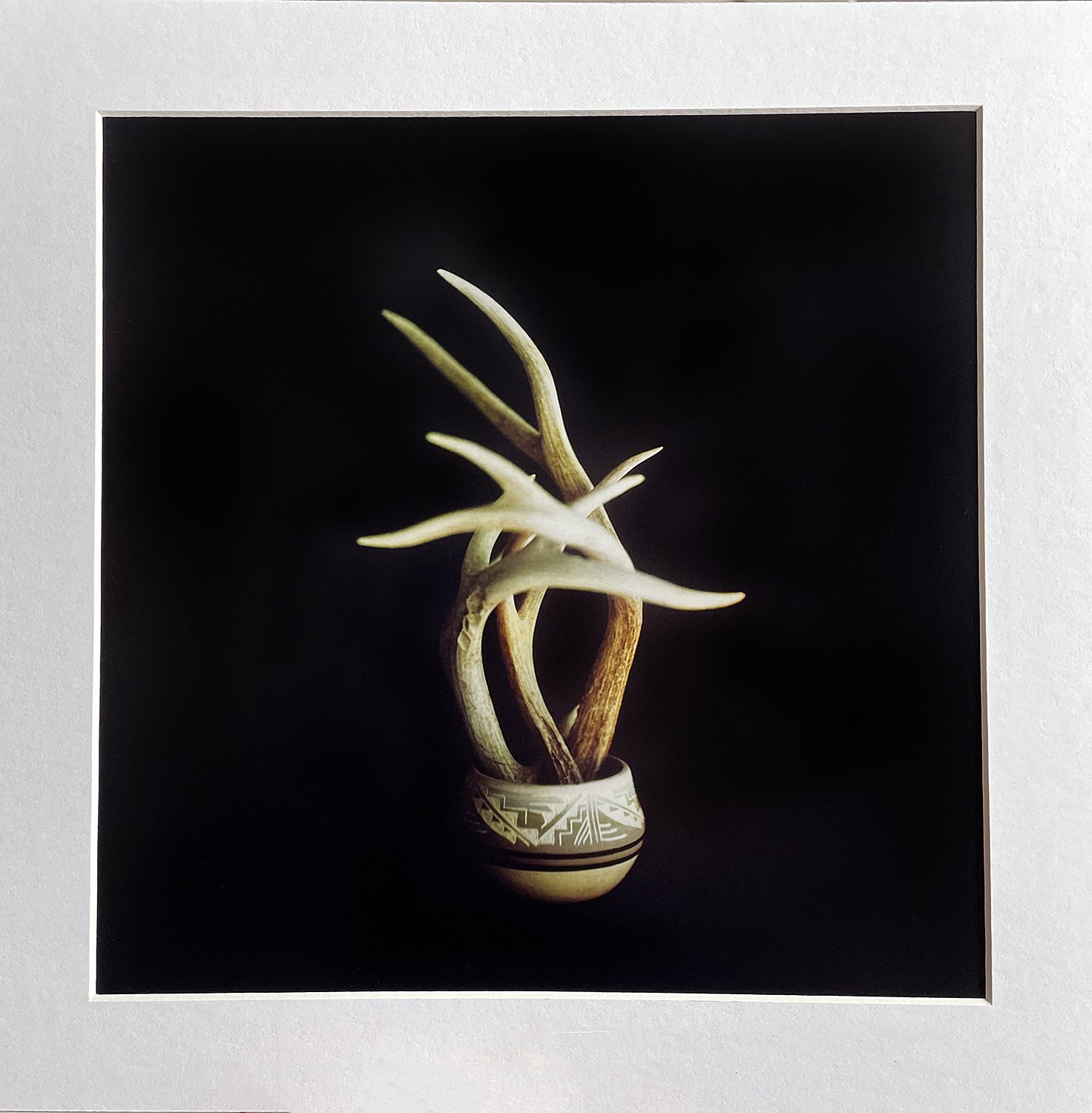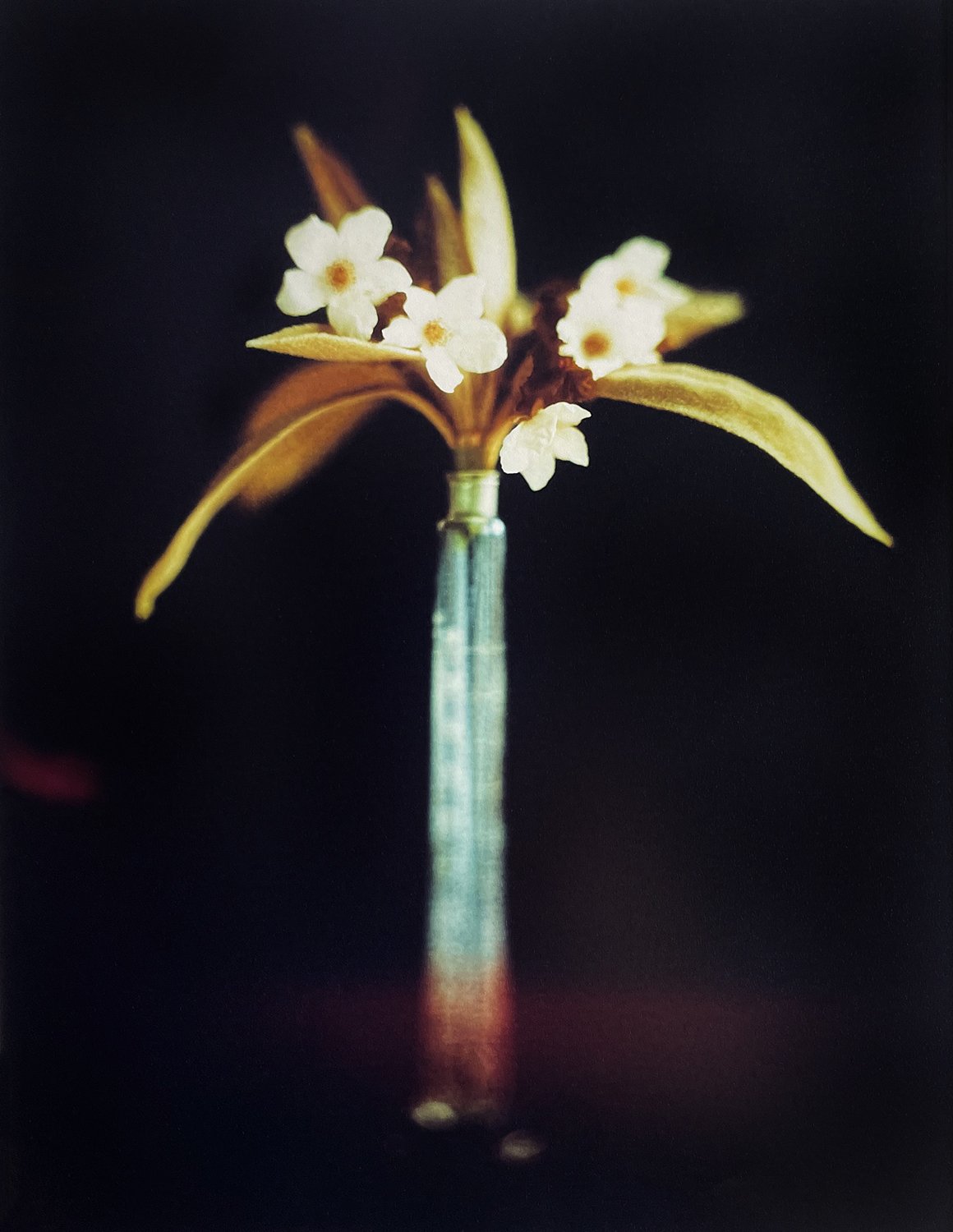There is something that I find both intriguing and fascinating about non-objective abstracts. Yesterday, I posted my representational abstract, “The Ballad of Curtis Loew,” based on a song and memory. This is a painting I did today based on an idea from within me—nothing representational or based on anything physical, at least when I started the painting. I’ll let the viewer decide what they see or feel in reference to the title. I have to say, I do love the underpainting on this. It gives the piece a lot of depth. It looks really nice in real life.
In the context of evolution, human existential crises may arise from our heightened cognitive abilities and self-awareness. As humans developed intricate thinking processes and self-reflective capacities, an increased awareness of mortality, the quest for meaning, and contemplation of one's existence became more pronounced. While an existential crisis isn't necessarily a flaw, it can be viewed as a consequence of our advanced cognitive functions. It might function as a mechanism for individuals to scrutinize and assess their position in the world, fostering personal growth and the formulation of coping strategies. In this regard, it can be perceived as a beneficial function that motivates individuals to explore purpose and meaning in their lives.
Ernest Becker said, “What does it mean to be a self-conscious animal? The idea is ludicrous if it is not monstrous. It means to know that one is food for worms. This is the terror: to have emerged from nothing, to have a name, a consciousness of self, deep inner feelings, an excruciating inner yearning for life and self-expression, and with all this yet to die. It seems like a hoax, which is why one type of cultural man rebels openly against the idea of God. What kind of deity would crate such complex and fancy worm food?” (The Denial of Death)













